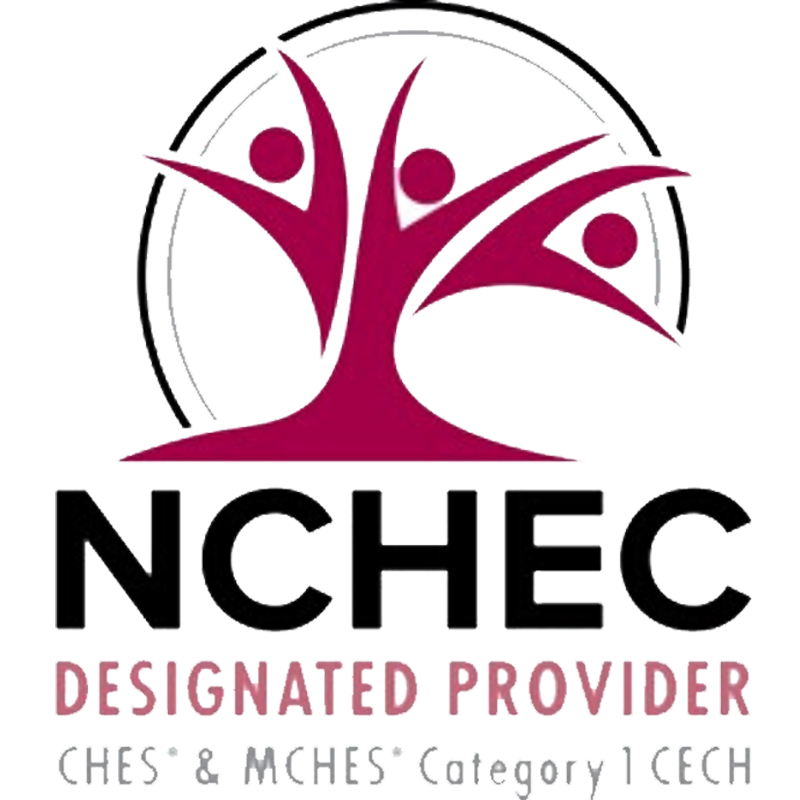
Looking at Data in an Outbreak
Are you curious about how a hypothesis is developed to implement outbreak control measures? Learn more about descriptive epidemiology and outbreak investigation.



Register
Course Information
- Audience: Community health workers, public health professionals, nurses, people working with populations requiring chronic care
- Format: Webinar
- Date/Time: June 15, 2020
2:00 - 3:00 PM EST - Price: Free
- Length: 1 hour
- Credential(s) eligible for contact hours: Sponsored by New England Public Health Training Center (NEPHTC), a designated provider of continuing education contact hours (CECH) in health education by the National Commission for Health Education Credentialing, Inc. This program is designated for Certified Health Education Specialists (CHES) and/or Master Certified Health Education Specialists (MCHES) to receive up to 1 total Category I continuing education contact hours. Maximum advanced-level continuing education contact hours are 1. Provider ID: 1131137 Event ID: PM1131137_06152020.
If you are not seeking CHES/MCHES contact hours, if you complete the evaluation, you will receive a Certificate of Completion. The Certificate will include the length of the course. - Competencies: Community Partnership Skills
- Learning Level: Awareness
- Companion Trainings: None
- Supplemental materials:Session PowerPoint
- Pre-requisites None
About this Webinar
This session emphasizes descriptive epidemiology using data collected during outbreak investigation. We will be answering what information do we collect during outbreak investigation to build towards developing a hypothesis that we can use to implement control measures or conduct research?
What you'll learn
At the end of the course, participants will be able to:
- Use the categories of Who, Where, What, When to characterize an outbreak.
- Manage outbreak information coming such as making a line list.
- Name the ways that data is organized to address these categories.
- Describe how to include qualitative data into field investigations.
- Describe how an epi curve is made and what it can tell us about an outbreak.
Subject Matter Experts

Gib Parris, MD
Richard Shen, MD
Gib trained in laboratory medicine, pathology, and epidemiology and spent 20 years at the U.S. Centers for Disease Control and Prevention (CDC). At the CDC, he worked on environmental health problems, improving mortality data, assisting state health departments with public health assessment activities, and improving national and state health information systems. After retiring from CDC, he has worked as a consultant on various population-health information-related projects, most recently on the Reportable Condition Knowledge Management system, which is identifying and evaluating potential cases of reportable conditions using data from electronic health records.
ichard received his medical degree from the University of Virginia. He has completed internal medicine residency training at Maine Medical Center, and he is currently an infectious diseases fellow at Maine Medical Center.
Registration
Select the Enroll Me button below to register for this webinar. If you have any trouble accessing the webinar, contact support@nephtc.org.
Acknowledgement: This project is/was supported by the Health Resources and Services Administration (HRSA) of the U.S. Department of Health and Human Services (HHS) under grant number UB6HP31685 “Regional Public Health Training Center Program.” This information or content and conclusions are those of the author and should not be construed as the official position or policy of, nor should any endorsements be inferred by HRSA, HHS or the U.S. Government.
* Yale School of Public Health, Office of Public Health Practice, a New England Public Health Training Center partner, is a designated provider of continuing education contact hours (CECH) in health education by the National Commission for Health Education Credentialing, Inc. All CHES credit inquiries are managed by YSPH

